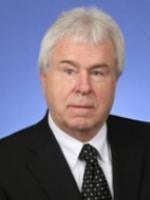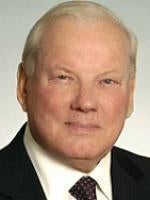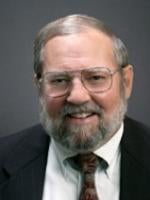On December 12, 2013, a Bill amending and liberalizing the Gambling Act (“Bill”) successfully passed second reading in the Budget and Finance Commission in the Bulgarian Parliament, after passing its first plenary voting upon tense disputes on December 4, 2013.
The second and final plenary voting is expected to happen before Christmas and the Bill to come into force on January 1, 2014. Amendments in the Bill are still possible, though not likely to happen.
Any liberalization of the gaming regime usually faces strong opposition based upon public interest issues, including addiction prevention arguments and concerns that changes in the taxation model will hurt the state budget.
However, we have to face facts. One and a half years after the adoption of the present Gambling Act, nothing has changed drastically. The unauthorized sites are still easily accessible, there is no queuing for remote gambling licenses as once predicted, and the new revenue streams to the state treasury literally turned out to be a fiction rather than a reality.
All those indicators are clearly showing that an amendment of the gaming model is necessary in order to improve the gaming sector environment in Bulgaria. This might be the main reason for the brisk Parliamentary initiative to try to introduce the new gaming rules perhaps as early as January 2014.
The main proposals are aiming to create a more balanced taxation model, to raise the awareness of the players, to introduce the currently missing responsible gaming rules and relevant control mechanisms, and to reduce the administrative barriers for entry of the European Economic Area (“EEA”) gaming equipment producers.
The introduction of the gross gaming revenue-based taxation (20%) corresponds to the approach applied in several European jurisdictions, a majority of which have reported liberalization success stories.
It has been proven again that the key to the prevention of the gambling addiction should not be associated only with administrative prevention measures. In the contemporary connected e-world, the administrative prevention measures look insufficient alone to reach effectively and efficiently the set regulatory goals. That is where self- regulation and co-regulation can offer adequate support instruments to make a substantive positive difference.
Last but not least, can anyone control strictly advertising on the Internet? The answer is obvious: No. Giving the legal gaming organizers more freedom to raise the awareness of the players through advertising will reduce the negative impact from the grey market gaming sector and the misleading advertising practices associated with it. An informed player risks less.
The EEA gaming equipment producers are not obliged to get a local license in order to sell in Bulgaria. They are now given the option to place their products through a locally licensed importer, as long as the equipment is of a type approved by the Regulator based upon an approval statement by a locally recognized gaming equipment testing laboratory.
The Bill as passed in the second reading is far from pure perfection. It will probably create some challenges for the authorities that are entrusted with its enforcement.
Nevertheless, the efforts of the present Parliament are appreciated highly by the gaming industry. They seem aimed to balance and optimize the new sector regulation model, introduced back in 2012, covering also the distant internet gambling activities. It is therefore not surprising that the remote gaming sector generally supports the proposed amendments.
Nadya Hambach and Parvan Rusinov of Velchev & Co. authored this article.









 />i
/>i

